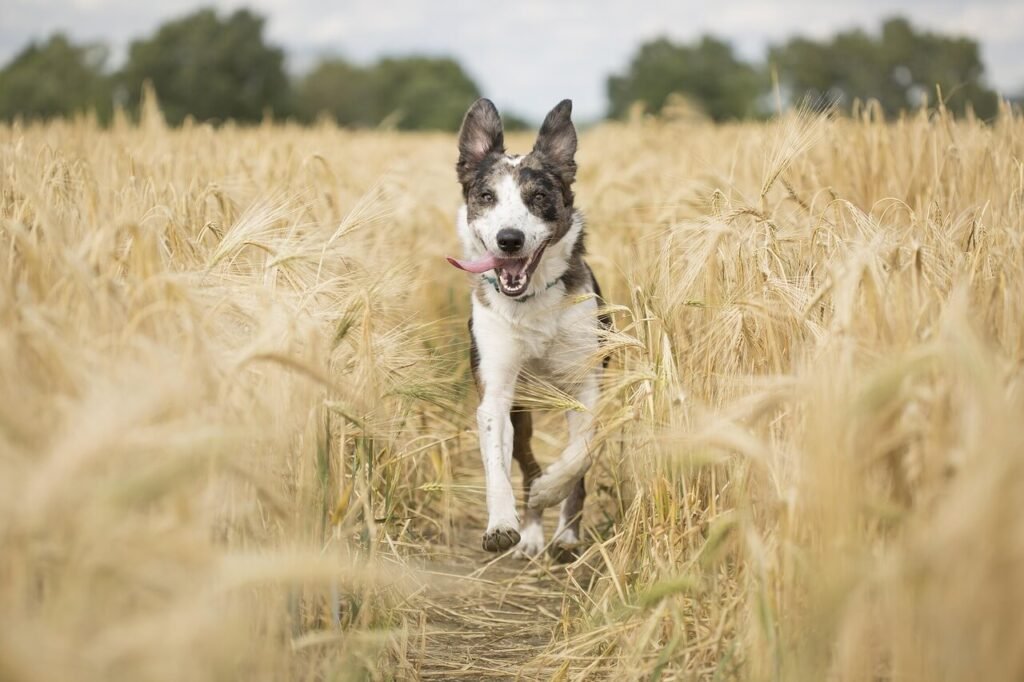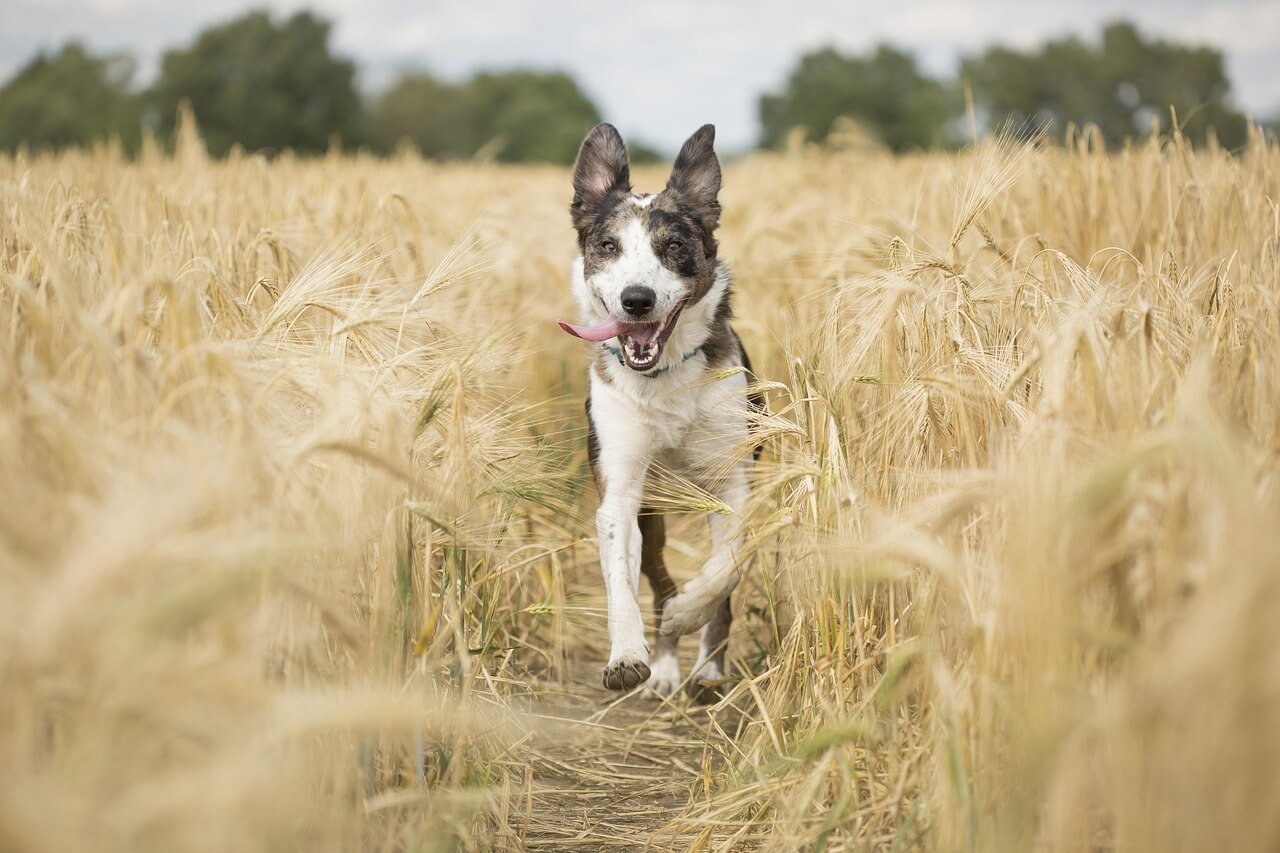Can Dogs Eat Butter? What You Need to Know
When it comes to sharing food with our furry friends, many pet owners wonder whether certain human foods are safe for dogs. One common question is, “Can dogs eat butter?” While butter isn’t toxic to dogs, it’s not exactly a healthy treat either. Understanding the potential risks and benefits of feeding butter to your dog can help you make informed decisions about their diet. In this blog post, we’ll explore everything you need to know about dogs and butter, including how much is too much, safer alternatives, and tips for keeping your pup healthy.
Potential Risks of Feeding Butter to Dogs
While butter isn’t inherently poisonous, it can pose several health risks if consumed in large quantities or regularly. These risks are particularly concerning for dogs with specific dietary needs or pre-existing health conditions.
High Fat Content:
Butter is loaded with saturated fats, which can lead to obesity, pancreatitis, or other digestive issues if consumed excessively.Lactose Intolerance:
Many dogs are lactose intolerant, meaning butter can cause stomach upset, diarrhea, or gas due to its dairy content.Caloric Density:
Butter is calorie-dense, and even small amounts can contribute to unhealthy weight gain if not accounted for in your dog’s diet.Pancreatitis Risk:
The high-fat content in butter increases the risk of pancreatitis, a painful and potentially life-threatening condition.No Nutritional Value:
Butter offers no significant vitamins or minerals that benefit your dog’s health, making it an unnecessary addition to their diet.
These risks highlight why moderation—or complete avoidance—is key when it comes to feeding butter to your dog.
When Butter Might Be Safe for Dogs
In rare cases, butter may be used sparingly without causing harm, provided it’s given in tiny amounts and your dog doesn’t have any underlying health issues. Here are some scenarios where butter might be acceptable.
Medication Coating:
A small smear of butter can help mask the taste of bitter medications, encouraging your dog to take them willingly.Occasional Treats:
If your dog accidentally licks a bit of butter off your plate, it’s unlikely to cause harm as long as it’s a one-time occurrence.Cooking Ingredient:
Foods cooked with minimal butter (e.g., vegetables) are generally safe, provided the overall fat content remains low.Training Rewards:
Tiny portions of butter can be used as a training aid, but only occasionally and under supervision.Special Occasions:
During celebrations, a small taste of butter-laden treats (like birthday cakes made for dogs) may be okay if given sparingly.
While these situations exist, it’s always best to prioritize healthier alternatives whenever possible.
Check this guide 👉Can Dogs Eat Spinach? Best 7 Expert Tips!
Check this guide 👉Can Dogs Eat Pretzels? Best 7 Expert Tips!
Check this guide 👉Can Dogs Eat Lobster? Best 7 Expert Tips!

Safe Alternatives to Butter | Risks of Feeding Butter to Dogs |
|---|---|
Plain, unsweetened yogurt | High fat content leading to obesity |
Coconut oil (in moderation) | Lactose intolerance causing stomach upset |
Mashed bananas | Increased risk of pancreatitis |
Peanut butter (xylitol-free) | Excessive calories contributing to weight gain |
Steamed vegetables | Lack of nutritional value |
Signs Your Dog May Have Eaten Too Much Butter
If your dog has consumed a large amount of butter, watch for these symptoms that could indicate discomfort or more serious health issues.
Vomiting or Diarrhea:
These are common signs of gastrointestinal distress caused by excessive fat or lactose intolerance.Lethargy or Weakness:
A lack of energy may signal digestive upset or the onset of pancreatitis.Abdominal Pain:
Whining, panting, or reluctance to move could indicate abdominal discomfort or inflammation.Loss of Appetite:
Refusal to eat meals after consuming butter may point to nausea or digestive issues.Excessive Gas or Bloating:
Butter’s high fat and lactose content can lead to bloating and flatulence in sensitive dogs.
Recognizing these signs early allows you to seek veterinary care promptly and prevent complications.
Signs Your Dog May Have Eaten Too Much Butter
If your dog has consumed a large amount of butter, watch for these symptoms that could indicate discomfort or more serious health issues.
Vomiting or Diarrhea:
These are common signs of gastrointestinal distress caused by excessive fat or lactose intolerance.Lethargy or Weakness:
A lack of energy may signal digestive upset or the onset of pancreatitis.Abdominal Pain:
Whining, panting, or reluctance to move could indicate abdominal discomfort or inflammation.Loss of Appetite:
Refusal to eat meals after consuming butter may point to nausea or digestive issues.Excessive Gas or Bloating:
Butter’s high fat and lactose content can lead to bloating and flatulence in sensitive dogs.
Recognizing these signs early allows you to seek veterinary care promptly and prevent complications.
Common Mistakes to Avoid When Feeding Butter to Dogs
Feeding butter to your dog requires caution to avoid mistakes that could harm their health. Here are some pitfalls to steer clear of.
Giving Large Quantities:
Even a tablespoon can be excessive, especially for smaller breeds or dogs prone to weight gain.Using Salted or Flavored Butter:
Added ingredients like salt, garlic, or herbs can irritate your dog’s system or even be toxic.Ignoring Underlying Conditions:
Dogs with pancreatitis, obesity, or lactose intolerance should never consume butter.Making It a Regular Treat:
Butter shouldn’t become a habit; occasional exposure is far less risky than frequent consumption.Not Monitoring After Consumption:
Failing to observe your dog for adverse reactions can delay treatment for serious issues.
Avoiding these mistakes ensures your dog stays safe and healthy.
Healthier Alternatives to Butter for Dogs
If you’re looking for ways to enhance your dog’s meals or provide occasional treats, consider these nutritious and dog-friendly substitutes.
Plain Yogurt:
Rich in probiotics, plain yogurt supports gut health and makes a great topping for kibble.Pumpkin Puree:
This fiber-rich food aids digestion and adds moisture to dry meals.Mashed Sweet Potatoes:
Packed with vitamins, sweet potatoes are a delicious and wholesome alternative.Xylitol-Free Peanut Butter:
A popular treat for dogs, peanut butter can be used sparingly as a reward or mixer.Coconut Oil:
Known for its antibacterial properties, coconut oil can boost skin and coat health when used in moderation.
These alternatives offer flavor and nutrition without the drawbacks of butter.
Understanding Your Dog’s Dietary Needs
Every dog has unique nutritional requirements based on factors like age, size, activity level, and breed. Understanding these needs helps you make smarter food choices.
Age Considerations:
Puppies require higher protein and fat levels for growth, while senior dogs benefit from lower-calorie diets.Breed-Specific Needs:
Large breeds are prone to joint issues, requiring diets rich in glucosamine and chondroitin.Activity Level Impact:
Highly active dogs burn more calories and may need nutrient-dense foods, whereas sedentary dogs require fewer calories.Food Allergies and Sensitivities:
Common allergens include dairy, wheat, and soy; identifying triggers helps tailor a diet to your dog’s needs.Weight Management Goals:
Overweight dogs benefit from low-fat, high-fiber diets, while underweight dogs need calorie-dense options.
Tailoring your dog’s diet to their individual needs ensures optimal health and vitality.
Frequently Asked Questions About Dogs and Butter
Is butter toxic to dogs?
No, butter isn’t toxic, but it’s unhealthy due to its high fat and lactose content.
What happens if my dog eats butter?
Small amounts may cause mild stomach upset, while larger quantities can lead to pancreatitis or obesity.
Can I use butter to cook for my dog?
It’s better to avoid butter altogether; opt for healthier cooking oils like coconut oil in moderation.
Are there alternatives to butter for dogs?
Yes, plain yogurt, mashed bananas, and xylitol-free peanut butter are safer choices.
How much butter is too much for a dog?
Even a teaspoon can be too much for small breeds; larger dogs should also consume it sparingly.
Prioritizing Your Dog’s Health Over Indulgence
While dogs can technically eat butter in small amounts, it’s not a recommended addition to their diet due to its lack of nutritional value and potential health risks. By understanding the dangers and opting for healthier alternatives, you can ensure your furry friend stays happy, healthy, and thriving. Remember, what might seem like a harmless treat to us can have lasting consequences for our pets. Always prioritize their well-being over momentary indulgence, and consult your veterinarian for personalized advice tailored to your dog’s specific needs.
Do Cats Have Taste Buds? Best 7 Expert Tips! – Discover how cats experience flavors and why their taste is so unique.
Do Dogs Have Taste Buds? Best 7 Expert Tips! – Discover how dogs experience taste, their preferences, and what it means for their diet and health.
Can Cats Taste Sweet? Best 7 Expert Tips! – Discover why cats can’t taste sweetness, how it affects their diet, and tips to keep them healthy and happy.
Can Dogs Taste Sweet? Best 7 Expert Tips! – Discover how dogs perceive sweetness, which foods are safe, and tips to manage their sweet cravings responsibly.





